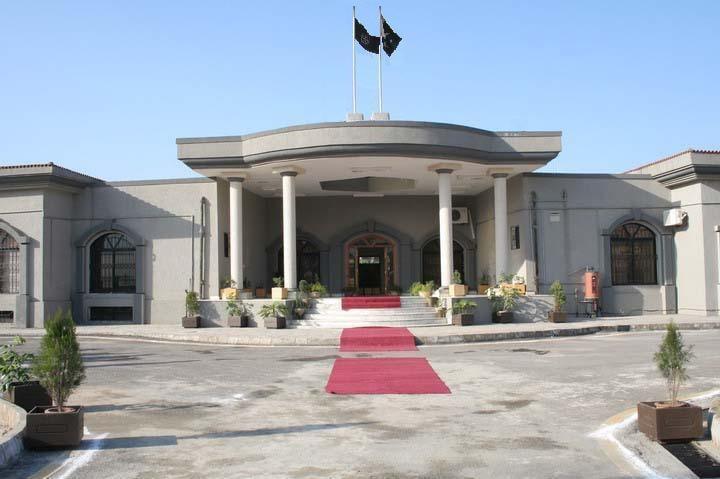Islamabad:
The High Court of Islamabad (IHC) partially accepted a request filed by certain district and sessions judges and declared the decision of the court (IDJST) of the district of the district of Islamabad (IDJST) to refer the judges of deputation of the judicial district and not avenue.
The IDJST court comprising three IHC judges – judge Tariq Mehmood Jahangiri, judge Babar Sattar and judge Sardar Ejaz Ishaq Khan – had made the order to repatriate the judges of the judicial power of district to be destroyed as members of the court.
The judge of the Anti-Terrorism Court of Islamabad (ATC), the Abual Misanat judge Muhammad Zulqarnain and others, challenged the decision of the IHC, whose single bench including the judge Arbab Muhammad Tahir announced the verdict in the case.
The court judged that the court did not have Suo Motu powers against the court itself. He clarified that he does not decide the case on the merits and that the court will decide the advantages of the case.
The IDJST on March 21 has canceled a notification from the ministry of Law with regard to the reconstruction of the court – a decision which showed a growing abyss among the judges of the high court of the capital.
The ministry on March 18 informed a new court made up of three IHC judges appointed by the acting chief Sardar Muhammad Sarfraz Dogar. Judge Khadim Hussain Soomro was to lead the IDJST when he also understood judge Muhammad Azam Khan and judge Inaam Ameen Minhas.
However, the existing court comprising judge Tariq Mehmood Jahangiri, judge Sardar Ejaz Ishaq Khan and judge Babar Sattar declared the illegal notification in an order which also granted the appeal of the main civil judge, Muhammad Shabbir.
In his order, the court noted that there was no need for reconstruction because there is no difference between the president of the court and the members. The IHC, in its order, said that after the change of the court, judge Tariq Jahangiri was no longer authorized to decide the issue.
The court added that the powers of the court are limited and not equivalent to those of a high court judge.




